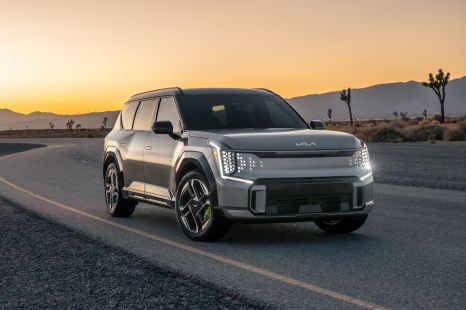

William Stopford
2026 Kia EV9: Hot GT arrives as Korean brand's priciest model ever
2 Hours Ago

Journalist
At the end of last week, Volvo Cars became a publicly traded company for the first time in over 20 years.
Geely set the IPO (initial public offering) price at 53 Swedish krona ($8.36), and floated around 16.7 per cent of the luxury automaker. Both figures were at the bottom end of expectations as the global semiconductor shortage continues to impact production at virtually every car company.
According to the Financial Times, institutional investors were wary about joining the IPO, as it was crafted to ensure Geely would retain 96 to 97 per cent of the voting rights through preferential shares.
After speaking to institutional investors, Geely agreed to convert its class A stock into regular shares because “having only one share class will emphasise the strong and independent governance of Volvo Cars”.
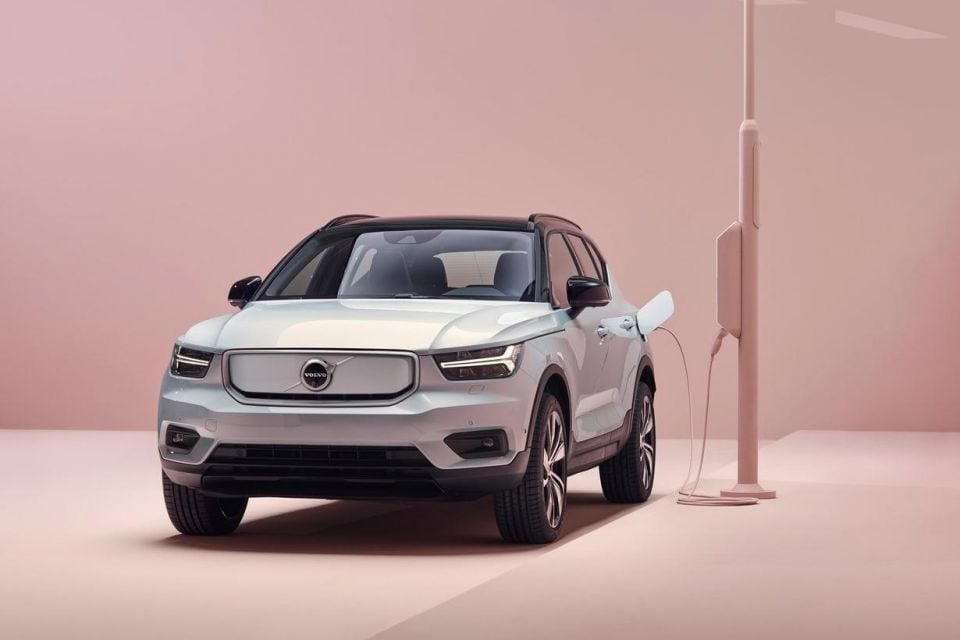
The shares offered to the general public are believed to be oversubscribed.
At the initial listing price, Volvo Cars had an implied business value of around US$18 billion ($24 billion).
Shares rose as high as 68.39 krona on initial trading — a 29 per cent jump — but have since settled down. At the time of writing Volvo is trading at 60.57 krona.
Volvo’s floatation raised around 20 billion Swedish krona ($3.2 billion) in cash. This money will be used to fund Volvo’s ambitious plan to become a fully electric car maker by 2030.
The automaker also announced in March this year that it will move to a completely online sales model for its EVs.
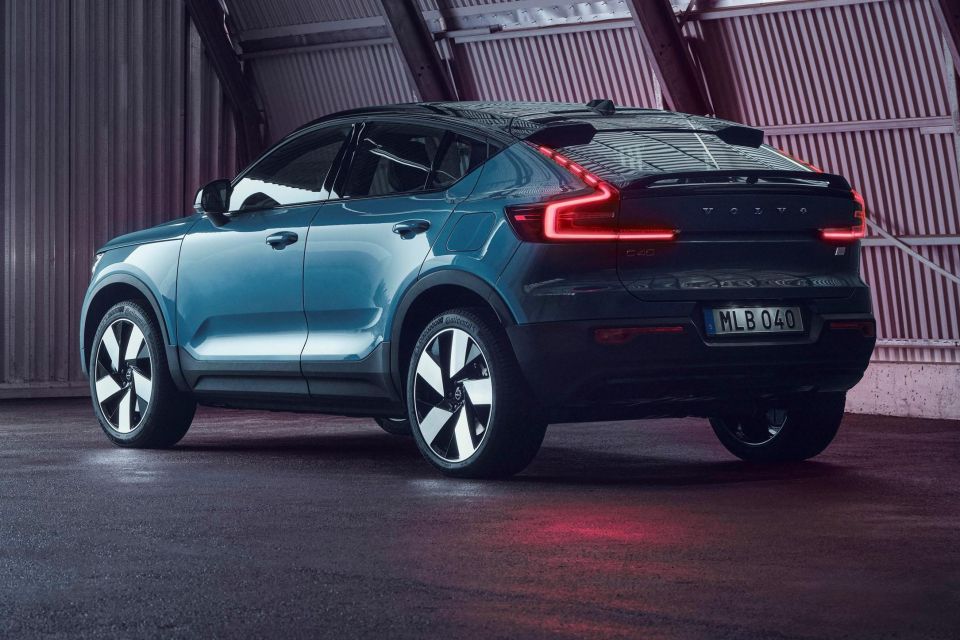
Geely bought Volvo Cars from Ford in 2010 for an estimated US$1.8 billion ($2.9 billion in today’s money). At the time the Detroit firm was busy selling off its Premier Automotive Group in order to raise funds to stave off bankruptcy.
Ford had bought Volvo Cars from truck maker Volvo in 1999 for roughly US$6.5 billion ($14 billion in today’s money).
This year has been a busy one for Volvo, with the company deciding in February to shelve a merger with its parent Geely. Weeks later it announced it will go all in with EVs.
In addition to this, Volvo is also the largest shareholder in Polestar, which went public recently via a backdoor listing in the US. Prior to Polestar’s floatation, Volvo owned a 49.5 per cent stake in its sibling brand.
Go deeper on the cars in our Showroom, compare your options, or see what a great deal looks like with help from our New Car Specialists.
Derek Fung would love to tell you about his multiple degrees, but he's too busy writing up some news right now. In his spare time Derek loves chasing automotive rabbits down the hole. Based in New York, New York, Derek loves to travel and is very much a window not an aisle person.


William Stopford
2 Hours Ago


Paul Maric
3 Hours Ago
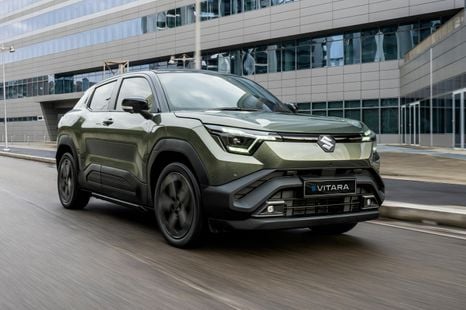

Damion Smy
3 Hours Ago
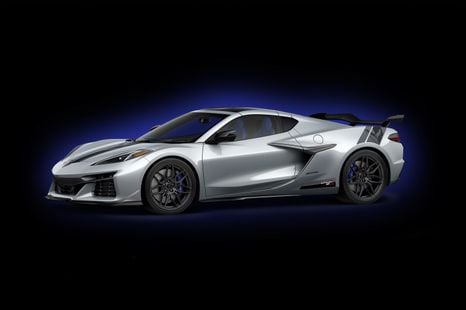

Damion Smy
6 Hours Ago
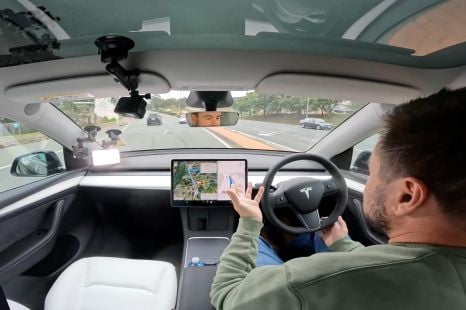

William Stopford
6 Hours Ago
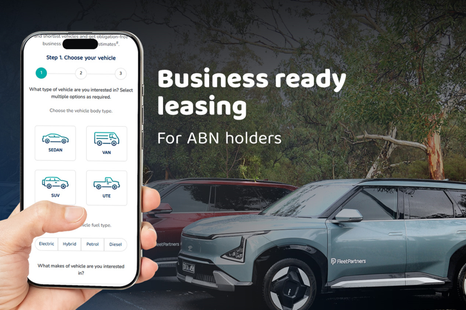

CarExpert
7 Hours Ago
Add CarExpert as a Preferred Source on Google so your search results prioritise writing by actual experts, not AI.